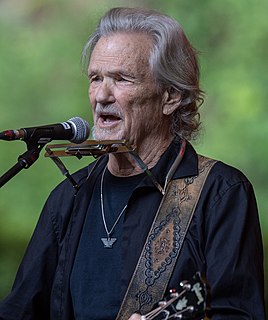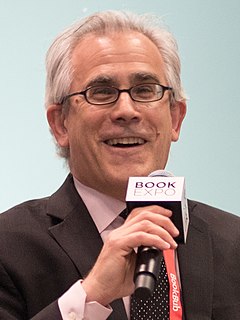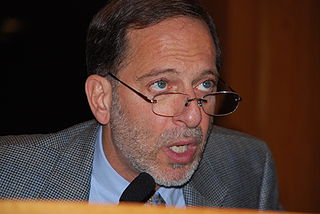A Quote by Kris Kristofferson
There was time in the first half of the '80s when what I was saying on the stage was controversial. A lot of things I was talking about - Nicaragua and American foreign policy.
Related Quotes
Pakistan is, I always feel, hopeful. You know, our system of government is not, and the system of foreign policy whereby we do whatever is asked of us as long as the price is right only proves to fundamentalist outfits and to militant groups that when we talk of things like democracy, when we talk of things like foreign policy, what we're really talking about is being pro-American.
This is the problem with foreign policy - talking about foreign policy in a political context. Politics is binary. People win and lose elections. Legislation passes or doesn't pass. And in foreign policy often what you're doing is nuance and you're trying to prevent something worse from happening. It doesn't translate well into a political environment.
First of all, we occupied Afghanistan and Iraq and I'm not even talking about the past occupation of them, I'm just talking about currently. And we all know that occupations, in military terms, comes down basically to policing, so you have an army basically functioning as a police force in these foreign territories as part of foreign policy. I'm not knocking that down, I'm just observing.
My first album was mainly dealing with street issues, and it was 'coded': it was called 'Reasonable Doubt.' So the things I was talking about... I was talking about in slang, and it was something that people in the music business was not really privy to. They didn't understand totally what I was saying or what I was talking about.
If I were Donald Trump, I would definitely not pick Mitt Romney because it's very easy for Mitt Romney to have have a separate foreign policy operatus in the State Department that would run a dissenting foreign policy from the White House foreign policy. There, I think the populist America-first foreign policy of Donald Trump does run against a potential rival.
There are those who would draw a sharp line between power politics and a principled foreign policy based on values. This polarized view - you are either a realist or devoted to norms and values - may be just fine in academic debate, but it is a disaster for American foreign policy. American values are universal.




































